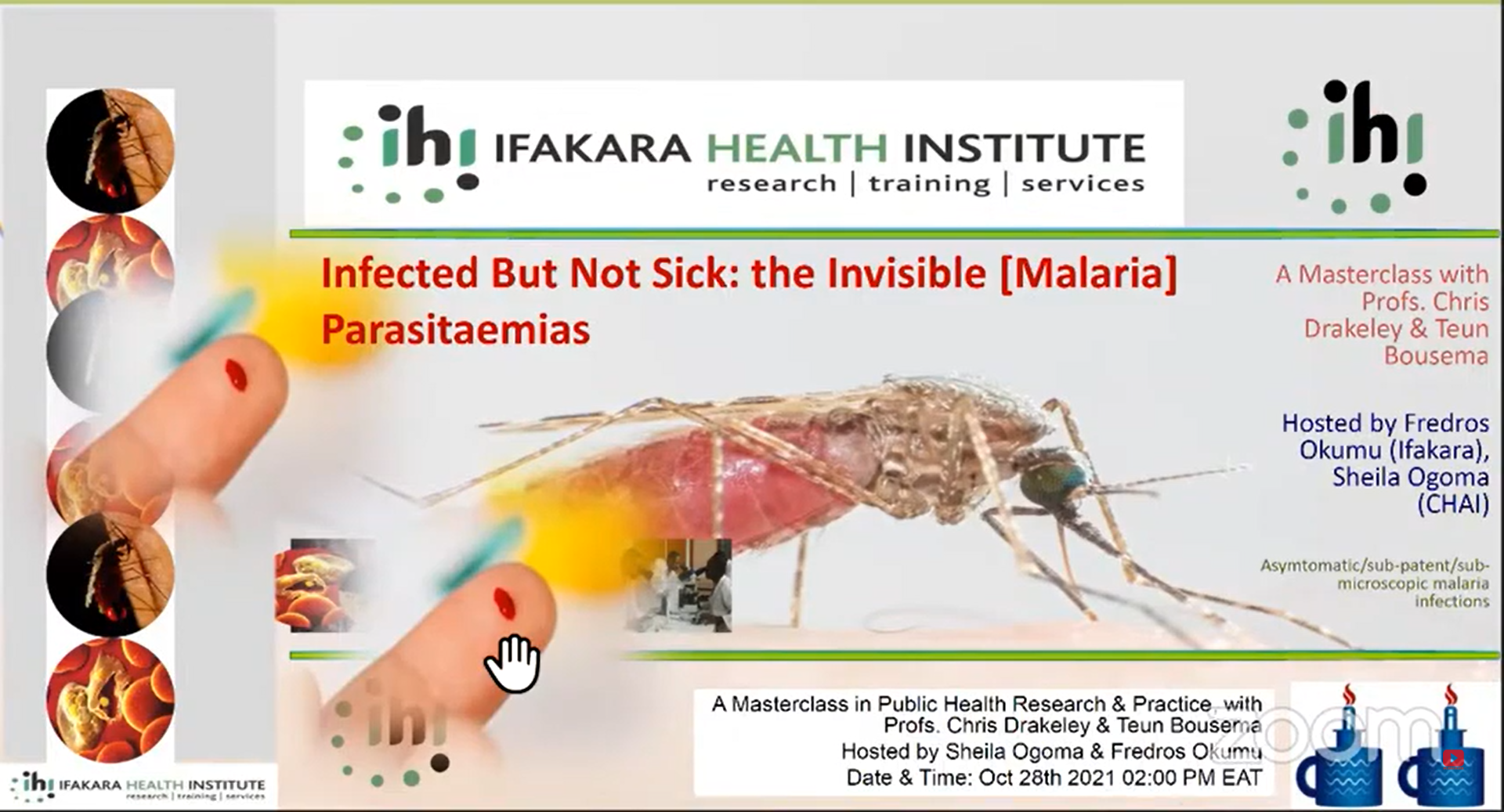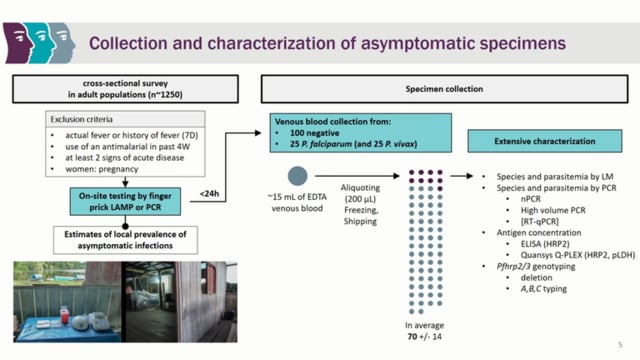Last Updated: 06/02/2025
Asymptomatic and submicroscopic malaria: a multidisciplinary study on interactions between parasites, mosquitos and humans to eliminate malaria in tropical Africa
Objectives
The aim of this project is to understand how residual transmission persists, with potential implications for development of novel tools and strategies for malaria elimination in tropical Africa.
Specific objectives are;
1) to characterize asymptomatic and submicroscopic infection together with the risk factors in eco-epidemiological context,
2) to compare the transcriptomes of CD8+ T cells at the single cell level to identify factors that mediate disease severity,
3) to identify behavioral modifiers which explain the increased attractiveness of people carrying various density of parasite.
Noboru Minakawa
Noushin Emami
Bernard Kanoi
Wataru Kagaya
Mtakai Ngara
Despite effective control tools, malaria elimination remains elusive in tropical Africa. In endemic areas many infected individuals are asymptomatic and submicroscopic that go undiagnosed and untreated but still sustain transmission. Interactions among parasites, mosquitos, and humans are key for the control and maintenance of these low-density infection, however yet to understand the mechanisms behind. Naturally acquired immunity through repeated exposure to parasites can suppress parasite density and protect individuals from severe disease, but the mechanism of immunity acquisition in relation to T cell subsets remains unexplored. Parasites indirectly change the blood seeking behavior of mosquitoes by inducing volatile compounds from infected humans, but the link with the parasite density is missing. This project will adopt a longitudinal cohort in Lake Victoria, Kenya, with a focus on asymptomatic and submicroscopic infections.
Jan 2023 — Dec 2026
$431,020


